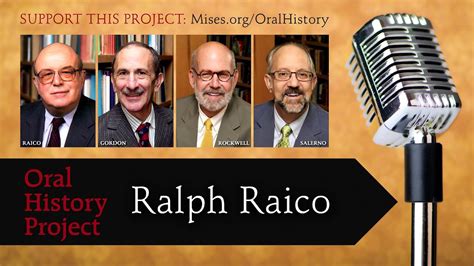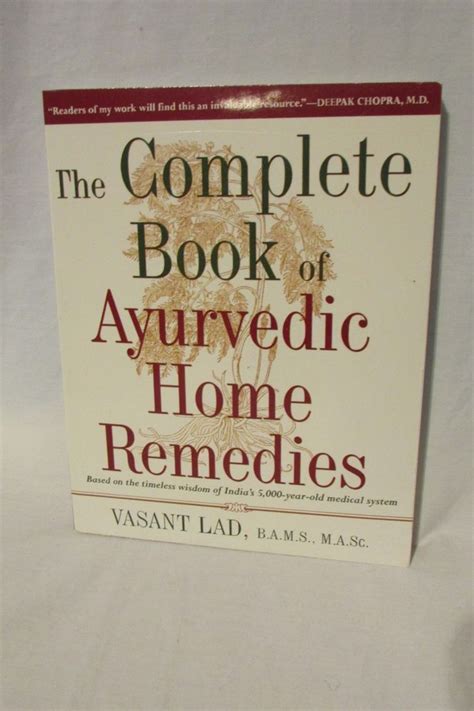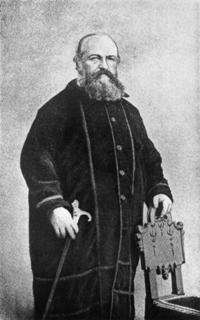A Quote by Ralph Raico
The current disfavor into which socialism has fallen has spurred.... the frenzy to proclaim oneself a liberal. Many writers today have recourse to the strategem of inventing for oneself a liberalism according to one's own tastes and passing it off as an evolution from past ideas.
Related Quotes
The rush and pressure of modern life are a form, perhaps the most common form, of contemporary violence. To allow oneself to be carried away by a multitude of conflicting concerns, to surrender to too many demands, to commit oneself to too many projects, to want to help everyone in everything, is to succumb to violence. The frenzy of our activity neutralizes our work for peace. It destroys our own inner capacity for peace. It destroys the fruitfulness of our own work, because it kills the root of inner wisdom which makes work fruitful.
Having a clear faith, based on the creed of the church is often labeled today as fundamentalism. Whereas relativism, which is letting oneself be tossed and Of all the ways of acquiring books, writing them oneself is regarded as the most praiseworthy method. Writers are really people who write books not because they are poor, but because they are dissatisfied with the books which they could buy but do not like.
Socialism needs to pull down wealth; liberalism seeks to raise up poverty. Socialism would destroy private interests, Liberalism would preserve [them] ... by reconciling them with public right. Socialism would kill enterprise; Liberalism would rescue enterprise from the trammels of privilege and preference. Socialism assails the preeminence of the individual; Liberalism seeks ... to build up a minimum standard for the mass. Socialism exalts the rule; Liberalism exalts the man. Socialism attacks capitalism; Liberalism attacks monopoly.
According to Ayurvedic principles, by understanding oneself, by identifying one's own constitution, and by recognizing sources of doshic aggravation, one can not only follow the proper guidelines to cleanse, purify, and prevent disease, but also uplift oneself into a realm of awareness previously unknown.
It is essential... that discipline should not be practised like a rule imposed on oneself from the outside, but that it becomes an expression of one's own will; that it is felt as pleasant, and that one slowly accustoms oneself to a kind of behaviour which one would eventually miss, if one stopped practising it.
To live in any true sense of the word is to reject others; to accept them, one must be able to renounce, to do oneself violence, to act against one's own nature, to weaken oneself; we conceive freedom only for ourselves - we extend it to our neighbours only at the cost of exhausting efforts; whence the precariousness of liberalism, a defiance of our instincts, a brief and miraculous success, a state of exception, at the antipodes of our deepest imperatives.
Against the suffering which may come upon one from human relationships the readiest safeguard is voluntary isolation, keeping oneself aloof from other people. The happiness which can be achieved along this path is, as we see, the happiness of quietness. Against the dreaded external world one can only defend oneself by some kind of turning away from it, if one intends to solve the task by oneself.








































